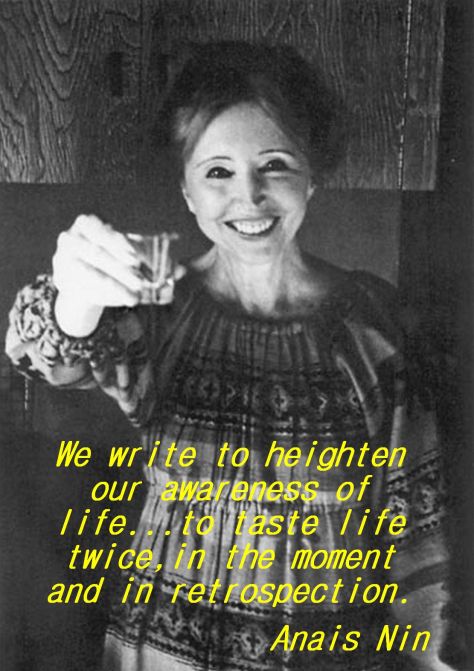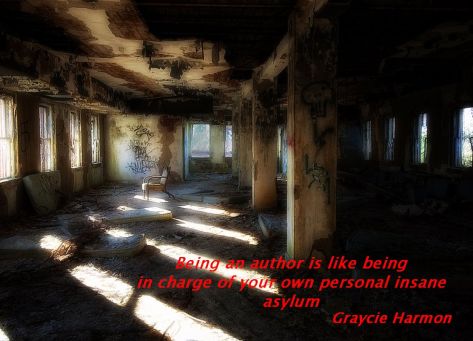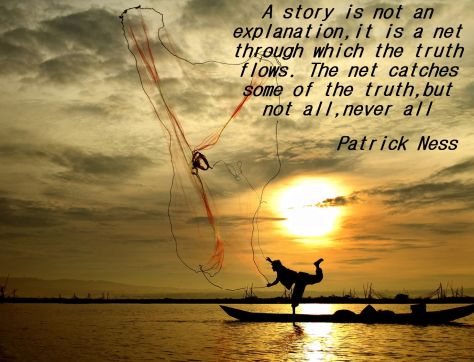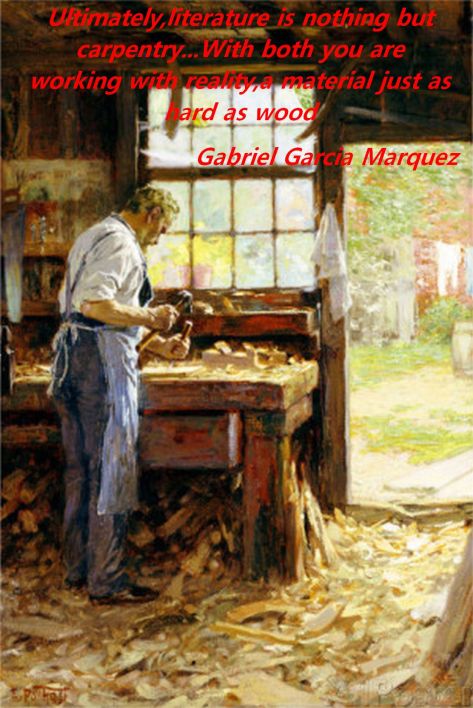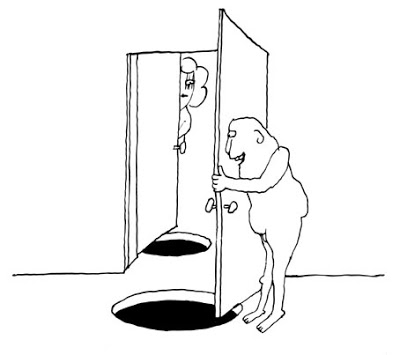I change my laptop’s wallpaper daily, taking images from an 8GB memory stick which holds paintings and photographs I’ve saved over the last ten years.
I’ve stored photos of wildlife, famous and obscure artwork, favourite cars, motorcycles and aircraft and portraits of inspirational writers, musicians and actors. What I choose each day is sometimes done randomly, other times more selectively to create a mood. In winter, I don’t often pick photographs of the Arctic—I’m already cold enough! The wallpaper that appears from time to time, as I close documents stirs wonderment in me and the brief pause while I contemplate another world gives my brain a mini-break.
Occasionally, I realise that one of the reasons I saved a particular image is that it’s connected to issues that I’d like to write about. This morning, I have a painting by David Inshaw on my computer screen. He created neatly composed vignettes of the British countryside, which feature people in sinister, suggestive and symbolic arrangements. Phallic and pubic imagery abounds, and there’s a feeling in many of his paintings, that things are barely restrained and are about to explode!

As I look at She Did Not Turn, I wonder who the lonely woman in a blue cloak is, and why she’s making for an isolated house or barn—an assignation with a lover—or does she live there? It’s showery weather, from the largely clear sky and rainbow. What’s the strange structure on the hill summit…a haystack or an ancient fortification? My Cornish Detective novels feature acts of violence in beautiful surroundings, and it would be easy to build a plot around this painting.
I’m currently in the early stages of writing a second novella about an American Civil War veteran, a cavalry officer with PTSD, who is making his way from the Appalachian Mountains to his sister’s war-damaged plantation near Atlanta. He’s travelling by horseback and has inherited a mustang, two mules and a mongrel dog. I think of Olaf Wieghorst‘s paintings of lonesome cowboys making their way along precipitous mountain trails.

Do any of you seek inspiration from paintings, photographs or sculptures?






